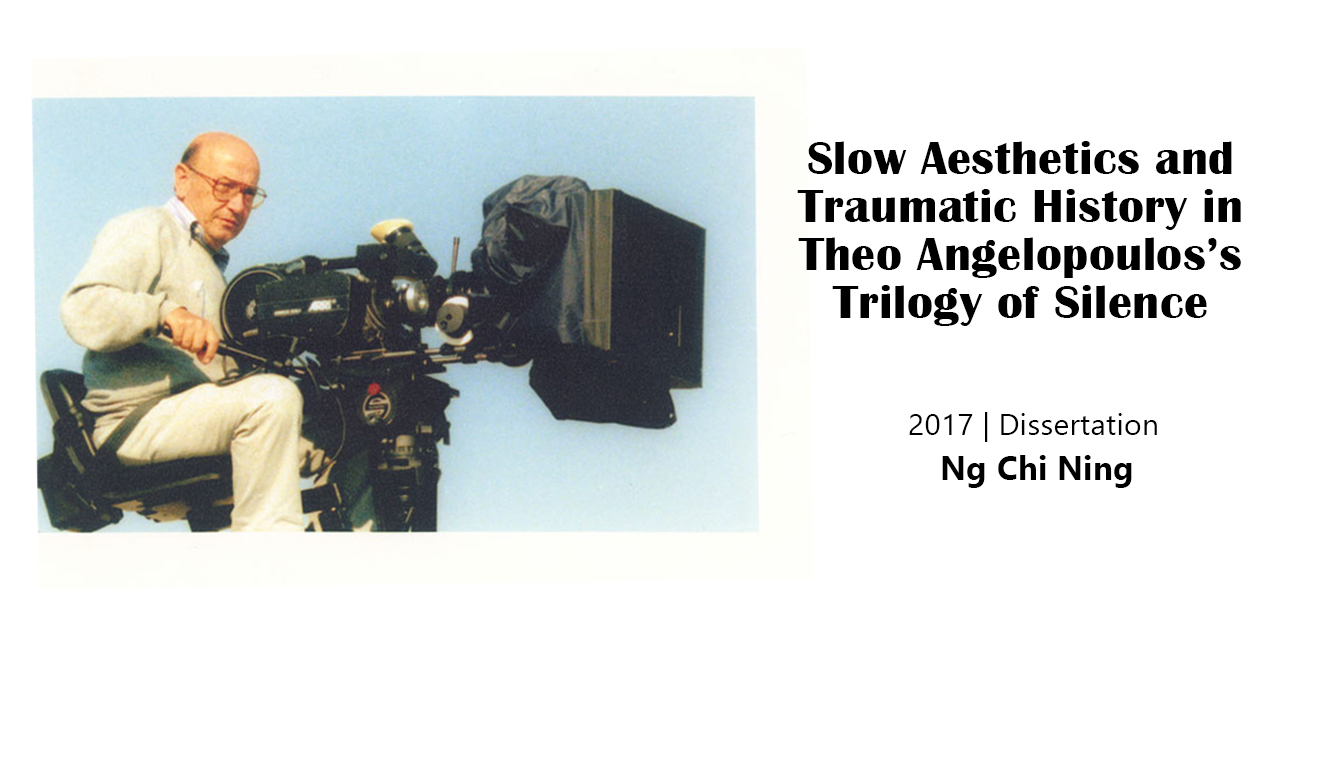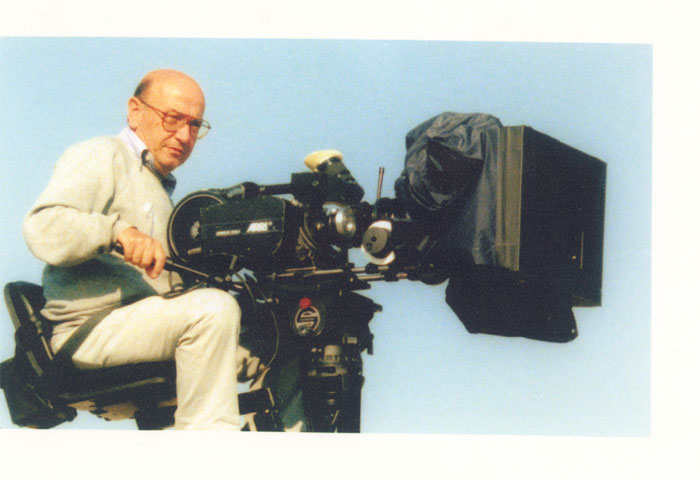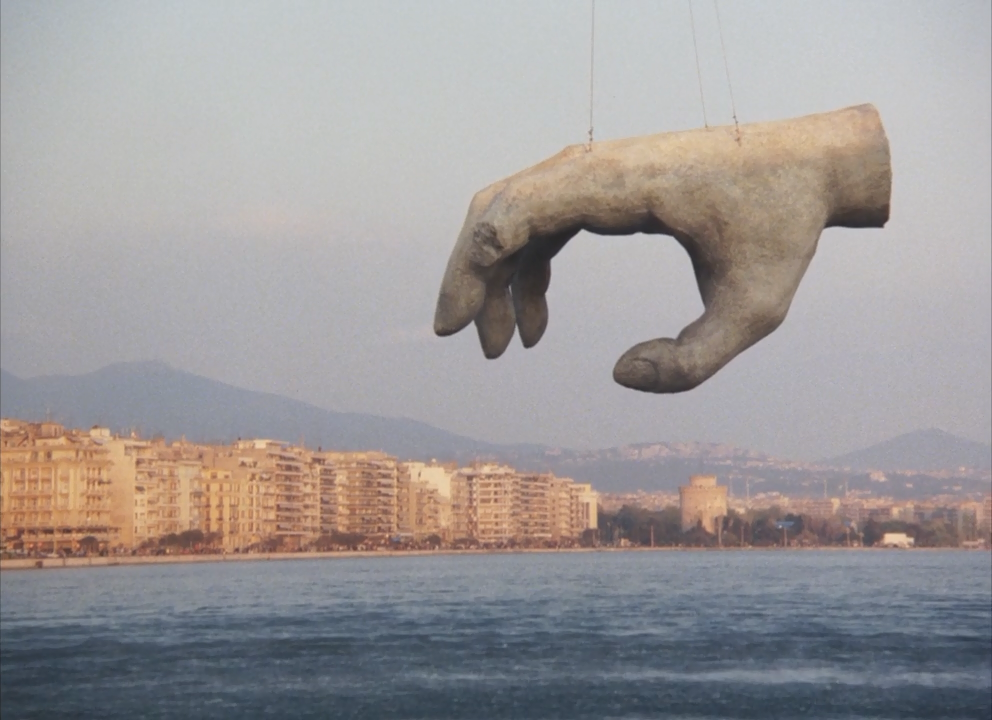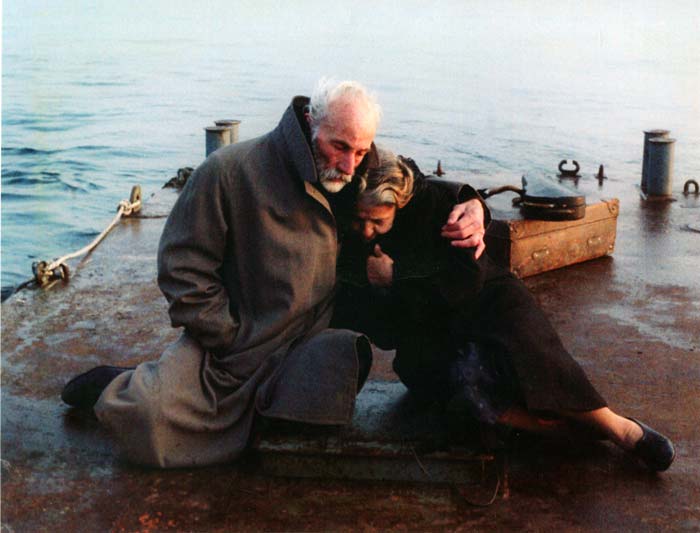Introduction
The history of modern Greece is essential for understanding Theo Angelopoulos’ cinema in both its aesthetic and political dimensions. Born in 1935, Angelopoulos had lived through the traumatic histories in Greece. During the civil war, his family was divided into two sides of Communists and anti-Communists, and his father Spyros was imprisoned and condemned to death by the ELAS, only escaped by luck till the end of the war. When Angelopoulos was nine, his mother took him to “a room full of corpses” to search for his father’s body. These traumatic memories remain as his filmic inspiration. We see the return of the father in the first scene of his debut Reconstruction. And later, the searching of father becomes a recurring theme in the Trilogy of Silence.
If interested, you may read Chi Ning’s Dissertation here.
Experience at MALCS
The MALCS programme offers comprehensive and essential courses for anyone who are interested in cultural studies and film studies. I am grateful for everything I’ve learnt from the professional teaching staffs and the fellow classmates.




